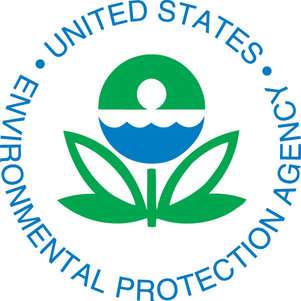USDA says ruling frees farmers from trade restrictions
By Diego Flammini
Assistant Editor, North American Content
Farms.com
American farm organizations are celebrating the Environmental Protection Agency’s (EPA) decision to reject a petition calling for the ban of the pesticide chlorpyrifos.
The insecticide controls pests in corn, soybeans, broccoli and other row crops. It’s also sometimes used on golf courses, green houses, utility poles and fence posts.
“The National Corn Growers Association supports transparent, science-based oversight of pesticides. We are encouraged by the EPA’s decision because it signals a return to those standards and procedures. Farmers need access to many crop protection tools to ensure all tools can remain effective,” Wesley Spurlock, NCGA president and farmer from Stratford, Texas, said in a release.

“The denial of the activist petition on chlorpyrifos came on the heels of statements from academia, farmers and consumers alike, all bearing out the safety of this product when used correctly and in accordance with the manufacturer’s label,” Ron Moore, president of the American Soybean Association, said in a release.
In October 2015, under President Obama, the EPA proposed to revoke food residue tolerances for the pesticide after a petition from the Natural Resources Defense Council and Pesticide Action Network North America.
And, in November 2016, the EPA changed its human health risk assessment of chlorpyrifos to note risks from dietary exposure and drinking water.
The current EPA Administration says dietary and drinking water risks are still present but “expected residues of chlorpyrifos on food crops exceed the safety standard under the Federal Food, Drug, and Cosmetic Act.”
“We need to provide regulatory certainty to the thousands of American farms that rely on chlorpyrifos, while still protecting human health and the environment,” EPA Administrator Pruitt said in his ruling. “By reversing the previous Administration’s steps to ban one of the most widely used pesticides in the world, we are returning to using sound science in decision-making – rather than predetermined results.”
The decision frees American farmers from possible trade disruptions, the United States Department of Agriculture said.